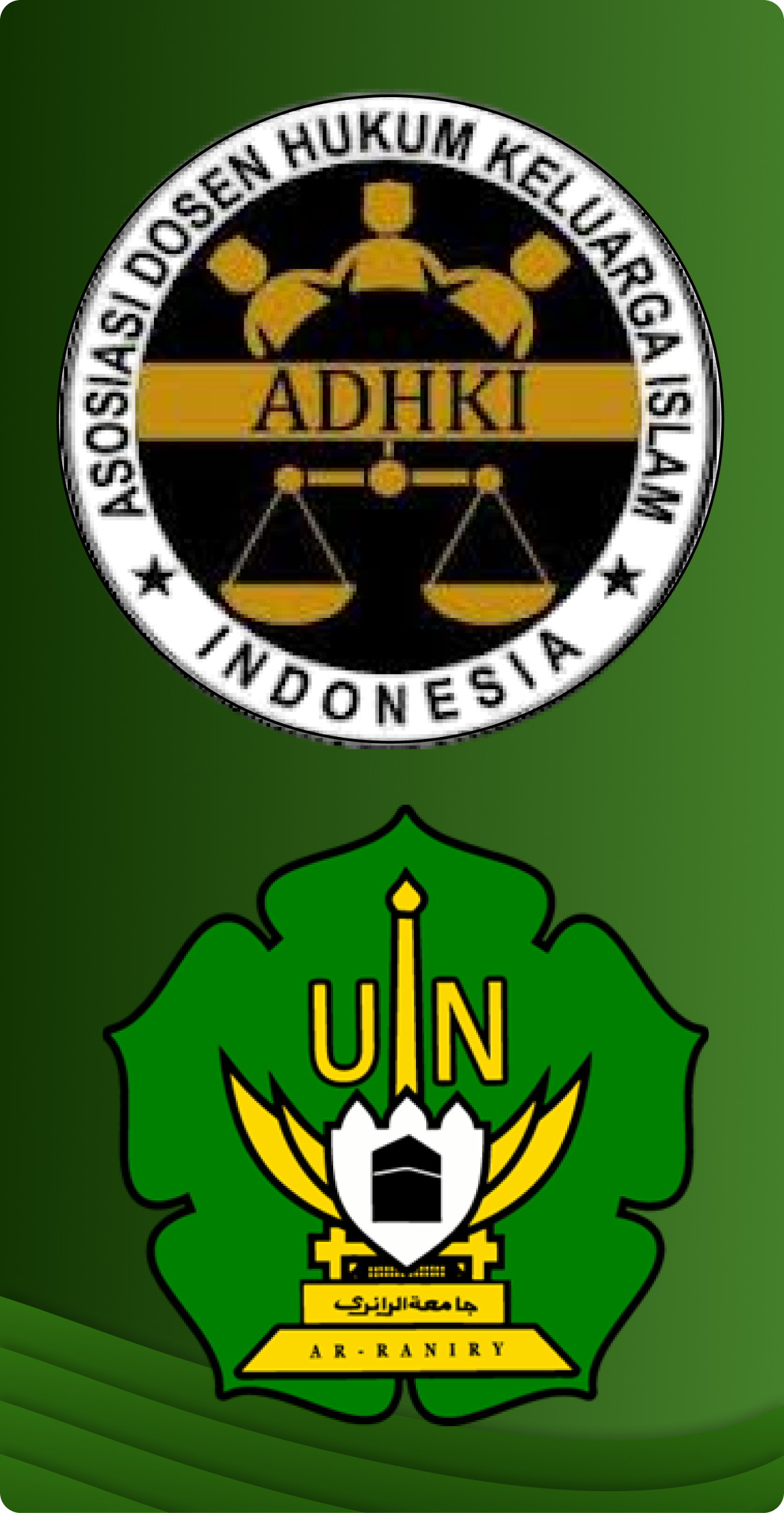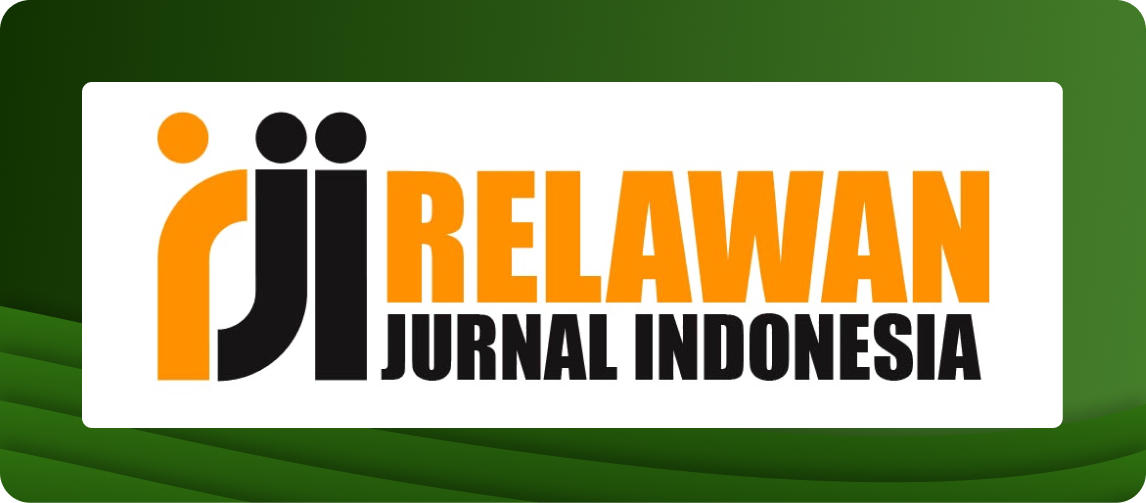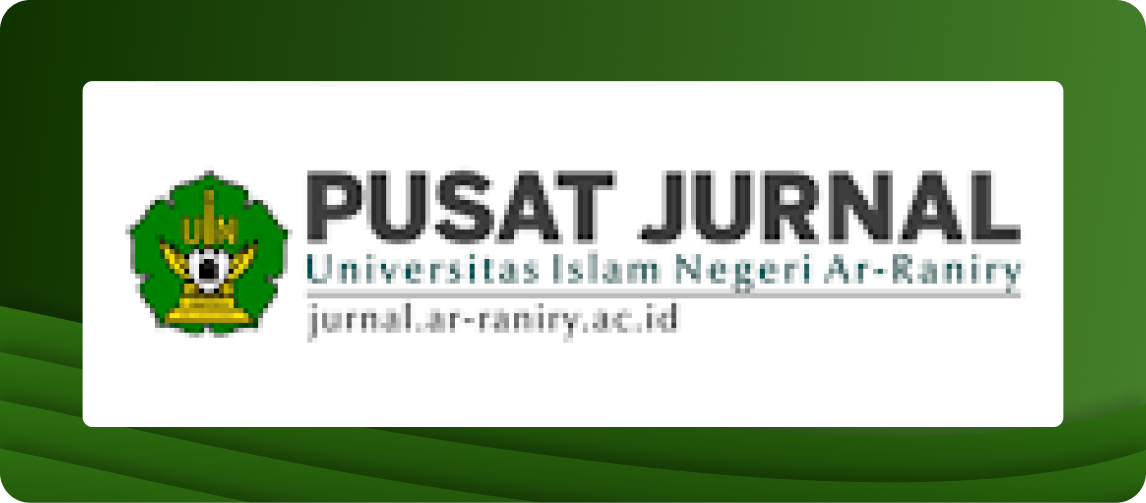Status of Children Born Out of Wedlock: A Study of Constitutional Court Decision and Its Relevance to the View of Ibnu Taimiyah
DOI:
https://doi.org/10.22373/ujhk.v7i1.24200Keywords:
Ibn Taimiyah, Constitutional Court Decision, Nasab of Children Born Out of WedlockAbstract
The Constitutional Court Decision No. 46/PUU-VIII/2010 has introduced a new paradigm in the civil and family law systems. However, this decision has faced significant controversy among Muslims, who constitute the majority religious group in Indonesia. The majority of ulema (Muslim scholars) maintain that children born from zina (fornication) cannot be attributed to their biological fathers. In contrast, Ibn Taimiyah, a renowned Islamic scholar, has proposed the concept of istilhaq, which allows for the attribution of children born from zina to their fathers. This study aims to address three research questions: 1) What is the content of the Constitutional Court Decision No. 46/PUU-VIII/2010? 2) What is Ibn Taimiyah’s opinion on children born out of wedlock? 3) What is the relevance of the Constitutional Court decision to Ibn Taimiyah’s opinion? The study employed a juridical-theoretical method, utilizing both legal and Islamic perspectives. The findings reveal that the majority of ulema hold the view that children born out of wedlock are only attributed to their mothers. Ibn Taimiyah, on the other hand, argues that they can be attributed to their biological fathers through the concept of istilhaq (acknowledgment) and qiyafah (facial resemblance). The Constitutional Court decision does not provide a definitive clarification on the status of children born out of wedlock. Consequently, both children born from underhand marriages and from zina become the responsibility of the biological fathers if their paternity can be established through DNA testing. The relevance between the Constitutional Court decision and Ibn Taimiyah’s opinion lies in their shared recognition of the possibility of establishing nasab (lineage) without solely considering the circumstances of the child’s birth. This recognition can be achieved through DNA testing in the present era and through acknowledgment and facial resemblance assessments in Ibn Taimiyah’s time.
References
Journal and Books
Abubakar, Al Yasa’, Metode Istislahiah: Pemanfaatan Ilmu Pengetahuan dalam Usul Fiqh, Jakarta: Kencana Prenada Media Group, 2016.
Abubakar, Ali et al., “The Right of a Child outside the Legal Marriage of a Biological Father: The Analysis of Ḥifẓ Al-Nafs as Law `Illat,” Samarah: Jurnal Hukum Keluarga dan Hukum Islam 5, No. 1 (2021). DOI: http://dx.doi.org/10.22373/sjhk.v5i1.9256.
Arifin, Muhammad, Kedudukan Anak Luar Kawin: Analisis Putusan Mahkamah Konstitusi No. 46/PUU-VIII/2010 tentang Uji Materi terhadap pasal 43 ayat 1 UU nomor 1 tahun 1974 tentang Perkawinan,” Ahkam 5, No. 1 (2017).
Ali, Zainuddin, Metode Penelitian Hukum, Jakarta: Sinar Grafika, 2015.
Al-Jauziyah, Ibn Qayyim, Panduan Hukum Islam, Translation by Asep Saefullah and Kamaluddin Sa’adiyatulharamain, Jakarta: Pustaka Azzam, 2007.
Al-Jauziyah, Ibnu Qayyim, Zadul Ma’ad, Translation by Amiruddin Djalil, Jilid 7 Jakarta: Griya Ilmu, 2006.
Al-Ju’fi, Abu Abdillah Al-Bukhari, Al-Jami’ Al-Musnad A-Shahib Al-Muktashar Min Umuri Rasulullah, Beirut : Dar Tuq An-Najah, 1442 H.
Ardiansyah, “Pengaruh Mazhab Hanbali dan Pemikiran Ibnu Taimiyah dalam Paham Salafi,” Jurnal Analytica Islamica 2, No. 2 (2013).
Aziz, Nasaiy Aziz and Muksal Mina, “Nasab Anak yang Lahir diluar Nikah: Analisis Fatwa MPU Aceh Nomor 18 Tahun 2015 dan Keputusan MK Nomor 46/PUU/VIII/2010”, Samarah: Jurnal Hukum Keluarga dan Hukum Islam 1, No. 1 (2017).
Farid, Syaikh Ahmad, 60 Biografi Ulama Salaf, Translation by Masturi Irham and Asmu’i Taman), Jakarta: Pustaka al-Kautsar, 2019.
Hanbal, Imam Ahmad Bin, Musnad Al-Imam Ahmad Bin Hanbal, Translation by Adil Al-Mursyid, Beirut: Muassasah Ar-Risalah, 2001.
Hasanuddin, Ahmad Fariz “Anak Luar Nikah Dalam Undang-Undang Perkawinan No 1 Tahun 1974 (Analisis Putusan MK Tentang Anak Luar Nikah)” [Bachelor’s thesis], Universitas Islam Negri Jakarta, 2014
Ibn Taimiyah, Al-Fatawa Al-Kubra, Juz 4, Beirut: Dar Al-Kutb, 2010.
Imanuddin, Metode Penetapan Nasab Melalui Al-Qafah Perspektif Maqasid Syari’ah, Banda Aceh: Pascasarjana UIN Ar-Raniry, 2021.
Kementerian Agama, Al-Qur’an dan Terjemahan, (Bandung: Sygma, 2009).
Megawati, “Analisis Putusan Mahkamah Konstitusi Nomor 46/Puu-Viii/2010 Mengenai Anak Luar Kawin Perspektif Undang-Undang Nomor 35 Tahun 2014 Tentang Perlindungan anak Dan Hukum Islam,” Jurnal QIYAS 2, No. 2 (2017).
Nurbaeti, Siti, “Hadis Tentang Nasab Anak Zina Dalam Perspektif Ibnu Qayyim Al-Jauziyyah”, Jurnal Holistic al-hadis 4, No. 2 (2018).
Perpustakaan Nasional RI, Ensiklopedia Hukum Islam, Ed. Abdul Aziz Dahlan, Jilid 4, Cet 6, (Jakarta: Ichtiarbaru van Hoeve, 2003), p. 1304
Rokhmadi, “Status Anak Di Luar Perkawinan Pasca Putusan Mahkamah Konstitusi No. 46/PUU -VIII/2010,” Jurnal-SAWWA 11, No. 1 (2015).
Saqa, Sayyid, Walad Al-Zina, (London: E-Kutub Ltd, 2022).
Satori, Akhmad, and Sulaiman Kurdi, Sketsa Pemikiran Politik Islam, Yogyakarta: Budi Utama Deepublish, 2016.
Taimiyah, Ibn, Al-Iman, Beirut: Al-Maktab Al-Islami, 1996.
Taimiyah, Ibn, Majmu’ Fatawa, Juz 32, Riyadh: Mamlakah Arabiyyah Al-Su’udiyyah, 2004.
Taimiyah, Ibn, Majmu’ah Al-Fatawa: Kumpulan Fatwa Ibn Taimiyah, translation by Misbahm Jilid 26, Jakarta: Pustaka Azzam, 2014.
Taymiyah, Ibn, Majmu’ al-Fatawa, Juz XXXII, Madinah: Majma’ Malik Fahd, 1995.
Laws and Rules
Constitutional Court Decision Number 46/PUU-VIII/2010.
Downloads
Published
Issue
Section
License
Authors who publish in El-Usrah: Jurnal Hukum Keluarga agree to the following terms:
Authors retain copyright and grant the journal right of first publication with the work simultaneously licensed Attribution-ShareAlike 4.0 International (CC BY-SA 4.0) that allows others to share the work with an acknowledgment of the work's authorship and initial publication in this journal.
Authors are able to enter into separate, additional contractual arrangements for the non-exclusive distribution of the journal's published version of the work (e.g., post it to an institutional repository or publish it in a book), with an acknowledgment of its initial publication in this journal.
Authors are permitted and encouraged to post their work online (e.g., in institutional repositories or on their website) prior to and during the submission process, as it can lead to productive exchanges, as well as earlier and greater citation of published work. (See The Effect of Open Acces)

















